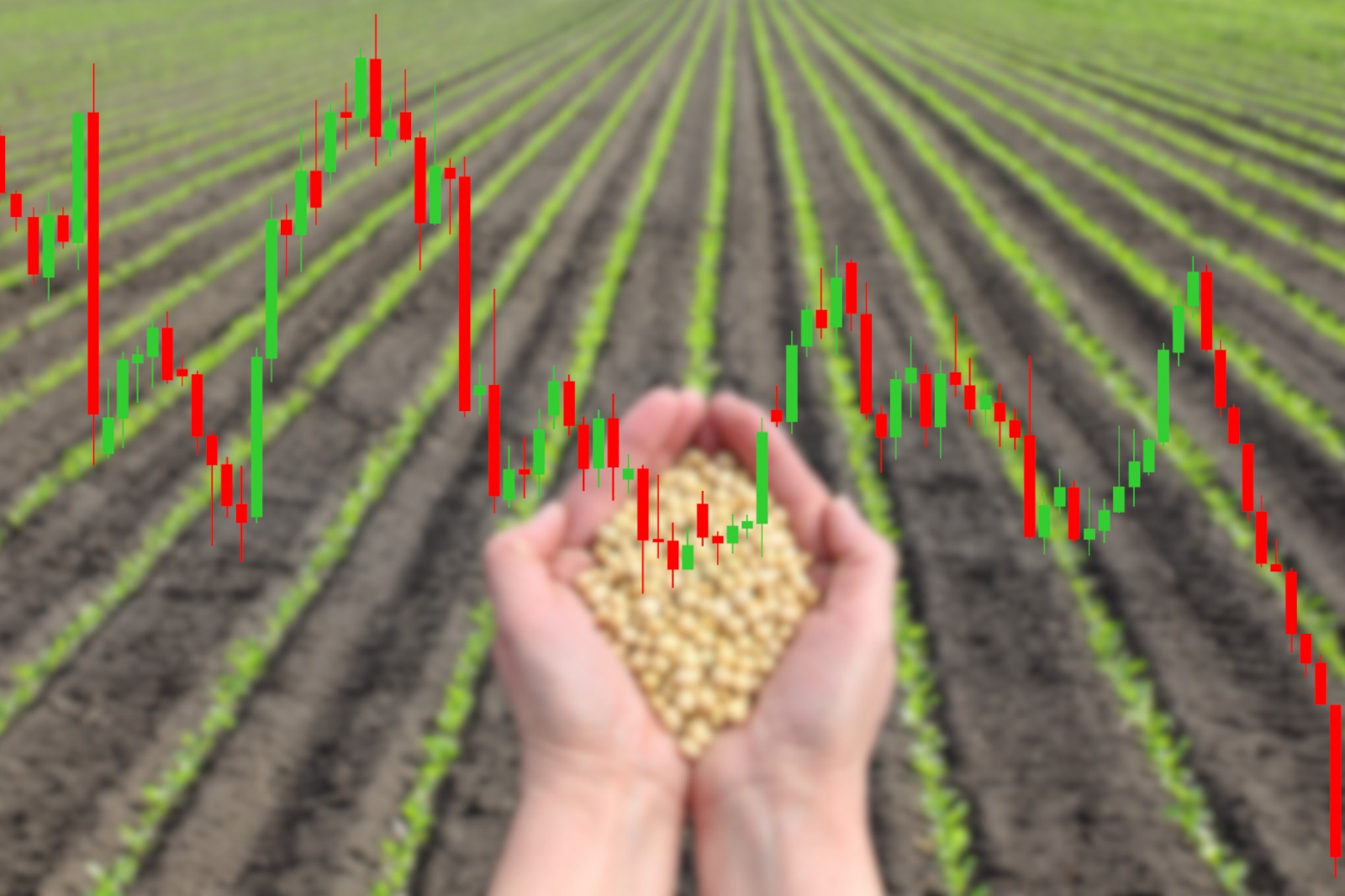Casablanca stock market: The only real risk on the horizon is the agricultural year

The sequence of three consecutive years of drought has had a significant impact on both domestic demand and household morale. According to the results of the HCP's ongoing business survey, the fourth quarter of 2023 saw a recovery in the downward trend in household morale, reaching its lowest level since the start of the survey in 2008, after a slight improvement in the previous quarter. This situation is expected to influence several economic sectors, including the agri-food industry and cement consumption, in the first place.
Although the stock market was weakened at the time, in 2022, the stock market went down 4 sessions after the announcement of an emergency plan to 10 billion dirhams that had come to confirm the drought situation.
These effects are manifested in several aspects, including increased unemployment, the extension of precariousness and poverty in rural areas, the intensification of rural-urban migration and immigration, the ruralization of cities, and the reallocation of public resources to areas such as the drought fund, the erasure of the debts of the most vulnerable farmers, and the renunciation of interests, among others.
"A new year of drought would have a direct impact on consumption through a combination of declining incomes and likely increases in food inflation, not to mention the budgetary cost that would be associated with the intensification of drought control", confirm AGR analysts in their commentary on the draft Finance Law 2024.

